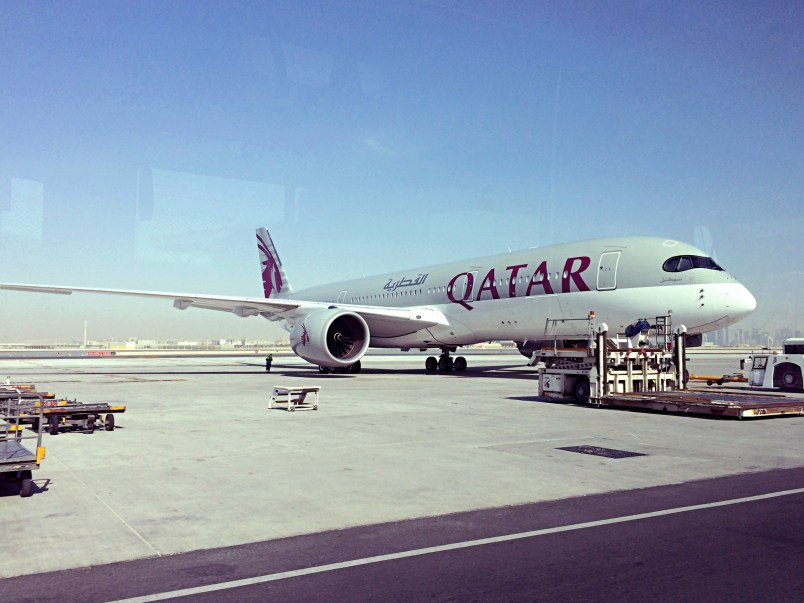WASHINGTON (AP) — The United Arab Emirates orchestrated the hacking of a Qatari government news site in May, planting a false story that was used as a pretext for the current crisis between Qatar and several Arab countries, according to a Sunday report by The Washington Post.
The Emirati Embassy in Washington released a statement in response calling the Post report “false” and insisting that the UAE “had no role whatsoever” in the alleged hacking.
The report quotes unnamed U.S. intelligence officials as saying that senior members of the Emirati government discussed the plan on May 23. On the following day, a story appeared on the Qatari News Agency’s website quoting a speech by Qatar’s emir, Sheikh Tamim Bin Hamad al-Thani, in which he allegedly praised Iran and said Qatar has a good relationship with Israel. Similarly incendiary statements appeared on the news agency’s Twitter feed.
The agency quickly claimed it was hacked and removed the article. But Saudi Arabia, the UAE, Bahrain and Egypt all blocked Qatari media and later severed diplomatic ties.
The ongoing crisis has threatened to complicate the U.S.-led coalition’s fight against the Islamic State group as all participants are U.S. allies and members of the anti-IS coalition. Qatar is home to more than 10,000 U.S. troops and the regional headquarters of the U.S. Central Command while Bahrain is the home of the U.S. Navy’s 5th Fleet.
President Donald Trump has sided strongly with Saudi Arabia and the UAE in the dispute, publicly backing their contention that Doha is a supporter of Islamic militant groups and a destabilizing force in the Middle East. Secretary of State Rex Tillerson recently concluded several days of shuttle diplomacy in the Gulf, but he departed the region without any public signs of a resolution.






